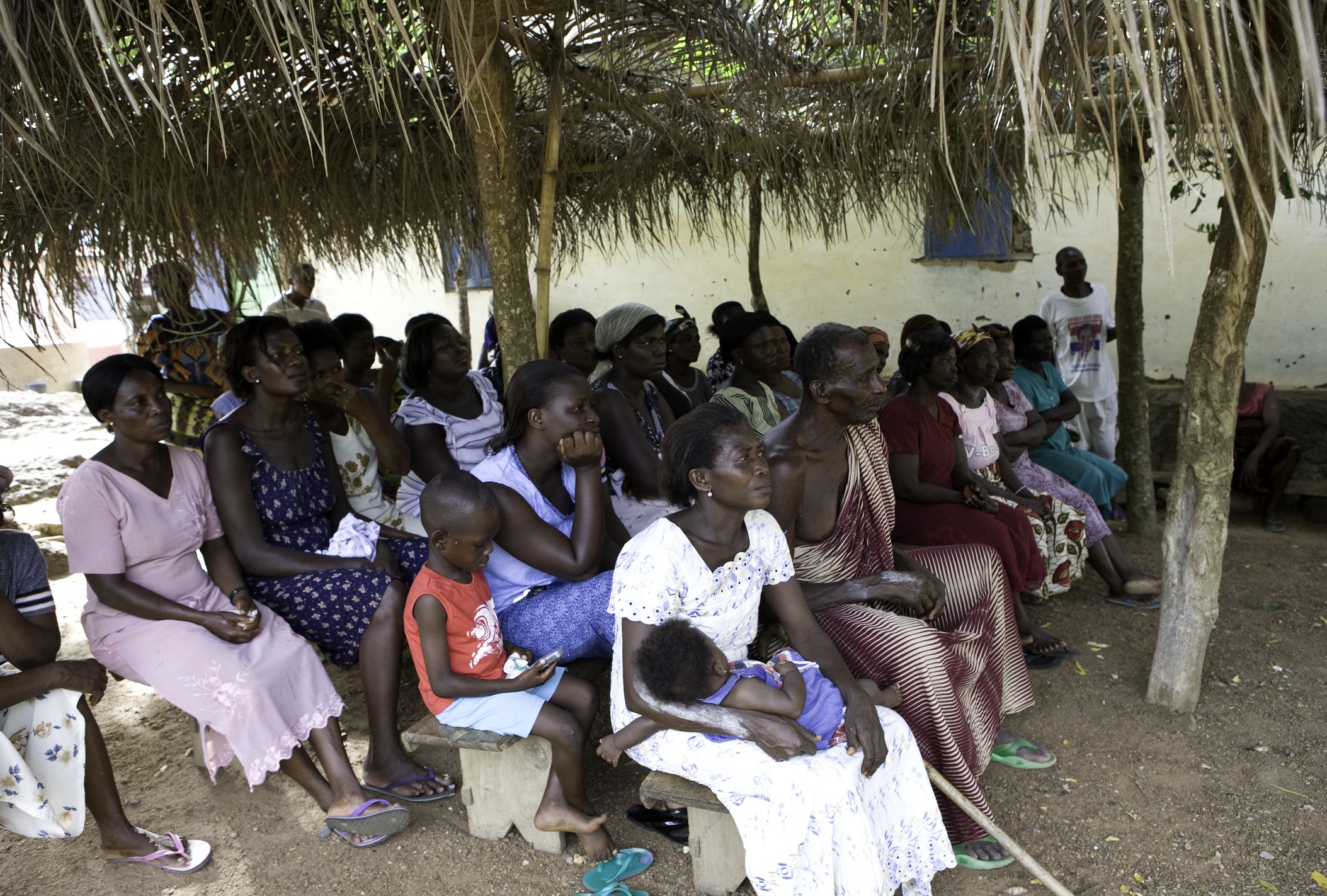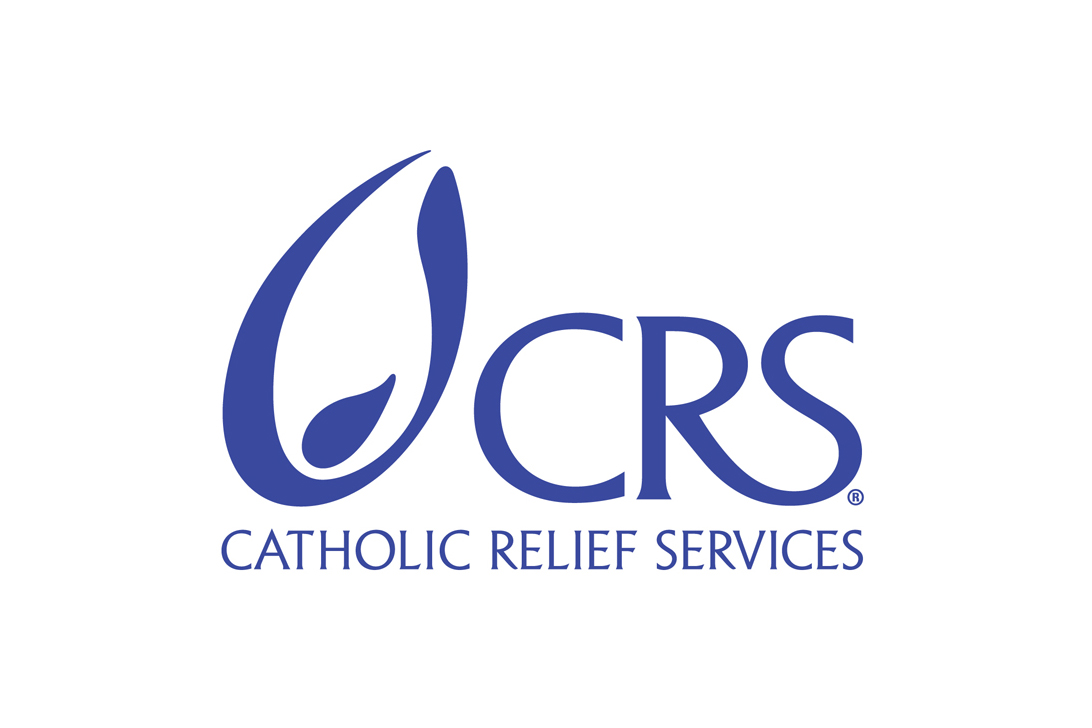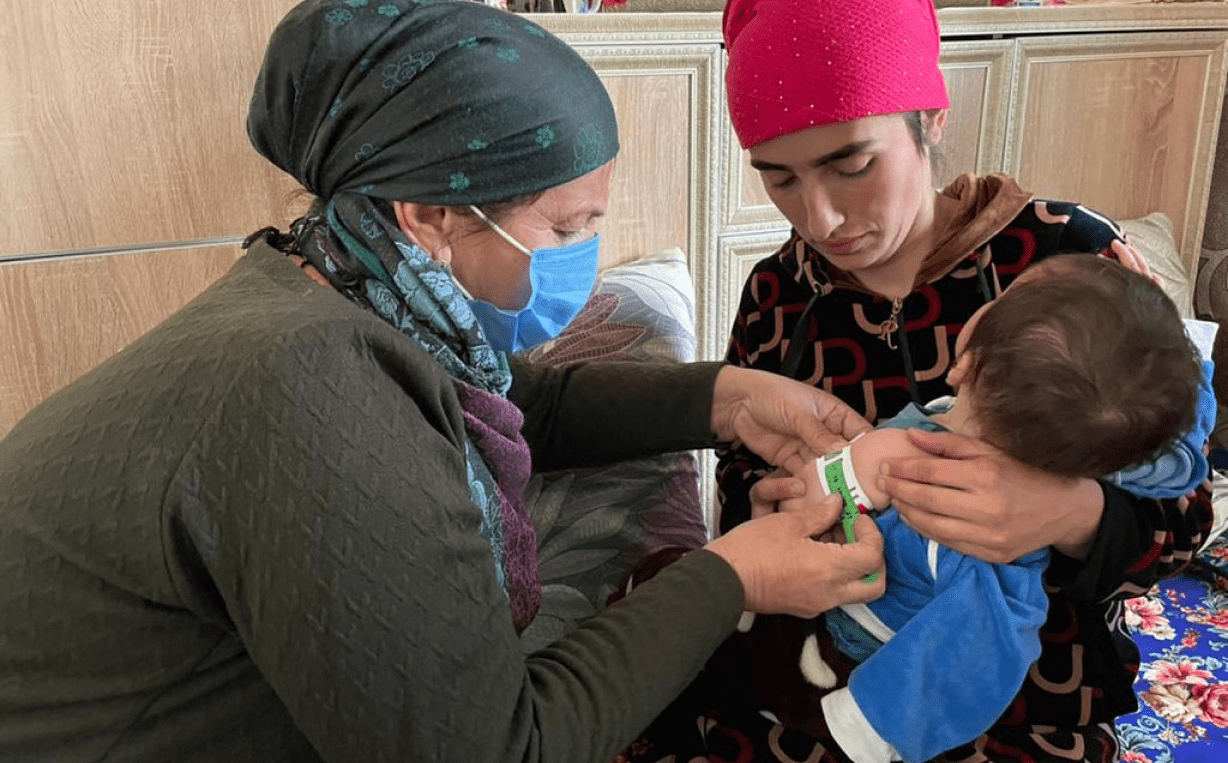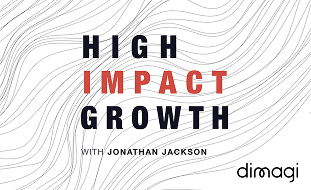SECTOR
Humanitarian Response
Humanitarian response organizations (HROs) reduce the harmful impacts of crises on affected populations, often requiring mobilization within days of a disaster striking. Typically, a core group of international responders join a larger number of local responders to quickly mobilize humanitarian action for those most vulnerable in the aftermath of crisis.
Rapid advances in mobile technology and expanding network coverage provide a solid platform for the development of mobile applications to quickly organize and share data during humanitarian crises. Mobile applications like CommCare for humanitarian response (mHRs) improve the efficacy of relief efforts by decreasing data entry and transfer time, in addition to facilitating information between and among relief organizations, frontline workers, and Ministries of Health. Additionally, beneficiaries can participate in relief efforts more meaningfully by sharing their input while directly receiving accurate information, resulting in a more integrative response.

Benefits of Mobile Data Collection in Humanitarian Response Organizations
Problem: Typically, mobile health records (mHRs) are created in response to crises, resulting in limited training and evaluation opportunities. Moreover, existing mHRs tend to prioritize single functionalities, despite the need for integrated features. These systems also lack mechanisms for data sharing within and among humanitarian response organizations (HROs), and can be hampered by mobile network failures.
Go deeper with this recorded webinar to explore what secure data management looks like at every stage of maturity
Benefits of Mobile Data Collection for Frontline Workers
Problem: Most mHRs have been designed by technologists rather than HROs and are not tailored to the needs of their users. Responders must juggle a number of information sources that are often poorly coordinated.
Point-of-service functionalities in mobile applications for post-crisis sustain efforts after immediate response has been carried out (e.g. case tracking, decision support, and embedded multimedia for counseling).
Integrated map-based visualition leverages third party applications, better enabling responders to identify when and where activities are taking place in real-time.
Built-in QR code reader compatibility enables tagged lab results to be input automatically.
Benefits of Mobile Data Collection for Beneficiaries Affected by Crisis
Problem: People affected by a crisis relying on a humanitarian response frequently lack information on services available. Family reunification is stalled due to difficulties in communication between shelters.
Discover how CommCare can work for your programs
Hear from Customers using CommCare to Improve their Frontline Program Performance

Cure Violence Global
“CommCare is a mission-critical, strategic platform for us. We have been able to turn data into a strategic advantage, showcasing our impact and driving funding.”
- Dr. Charles Elliott, Director of Data Management

Catholic Relief Services
“We use CommCare extensively to design data collection tools for both development and humanitarian contexts, appreciating its flexibility for both one-off surveys and case management.”
- Nora Lindström, Senior Director, ICT4D
MHP Salud
“CommCare has allowed us to really streamline the data collection process. CHWs find it easy to capture critical information in the moment with families.”
- Dr Maggie Dante, CEO
Learn more
In the news: Devex
Could this app transform delivery of last-mile health services? Catherine Cheney covers CommCare Connect.

A milestone: 100,000 services delivered
Key milestones for CommCare Connect, strengthening the pillars of digital learning, verification, and payments to Frontline Workers.

Hear from the team: High-Impact Growth Podcast
Mercy Simiyu, Sarvesh Tewari, and Dhivya Sivaramakrishnan join host Jonathan Jackson to share insights from their work with locally led organizations and CHWs on CommCare Connect
